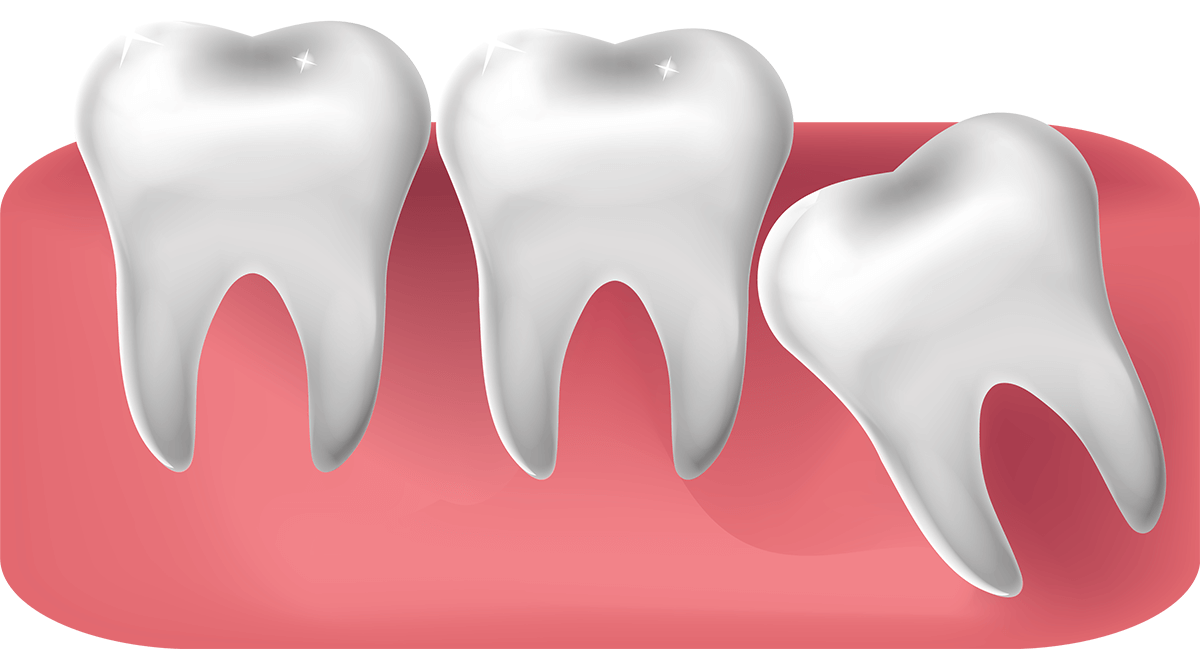
Most oral surgeons will recommend removing wisdom teeth if they are becoming impacted, or if they grow sideways instead of up into the mouth. This is because an oversized third molar can damage neighboring teeth and surrounding structures in your jaw, such as a nerve canal that lies below the roots of the tooth.
Even if you are not experiencing any pain, your dentist or oral surgeon may want to have the wisdom teeth removed early, prior to potential problems with impacted growth and damage to the surrounding tissues of the mouth. Early extraction can help prevent future issues. It is important to note that even though there may be no symptoms associated with an impacted wisdom tooth, the tooth may still be causing damage to surrounding tissues.
If you do not require immediate extraction, it may be beneficial to put off removing any wisdom teeth. Dentists recommend waiting until your mouth is fully grown before getting any teeth removed. At this point, the roots are fully developed and there is less risk of damage to surrounding tissue.
When To Remove Wisdom Teeth
According to the American Dental Association, wisdom teeth may need to be removed if there is evidence of changes in the mouth such as:
- Pain
- Infection
- Cysts
- Tumors
- Damage to neighboring teeth
- Gum disease
- Tooth decay (if it is not possible or desirable to restore the tooth)
Wisdom teeth are also sometimes removed as part of treatment for braces or other dental care.
If you are concerned about your wisdom teeth your dentist, discuss your options and then best course of treatment. You may reach our Hagerstown, MD, office at 301-791-1700, or our Chambersburg, PA location at 717-264-7828.
The information provided on this website should not be used to diagnose or treat any medical condition and is not meant to take the place of professional medical advice. If you think you have a medical problem, please seek the advice of a physician. Call 911 for all medical emergencies.



